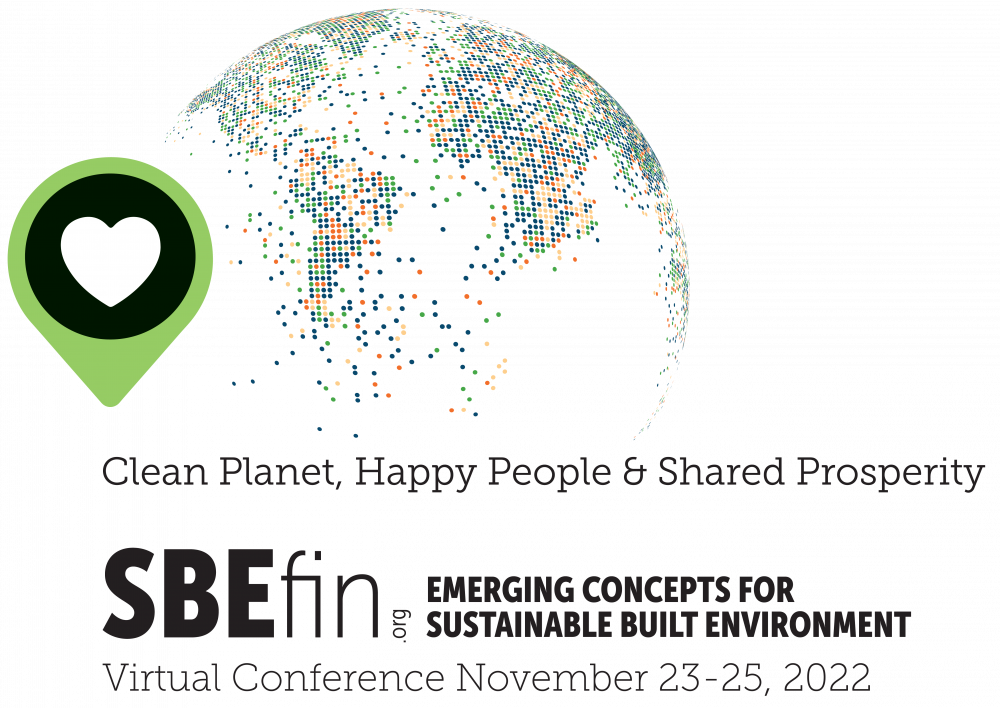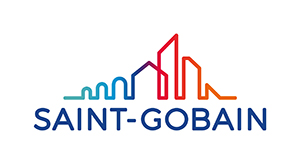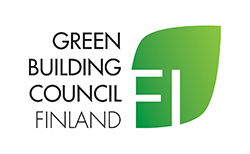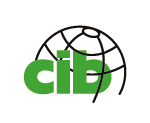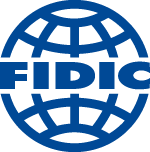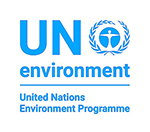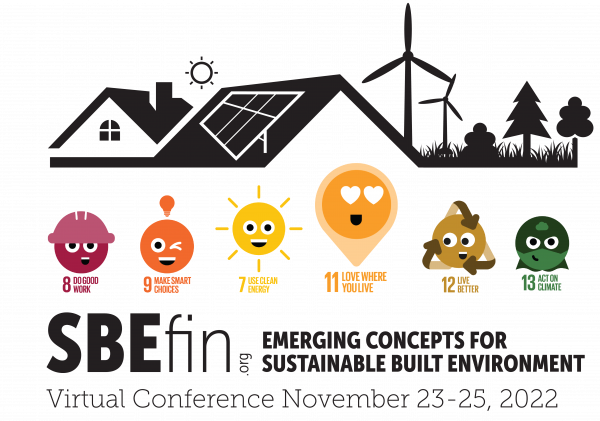

1. Inclusive and Resilient Cities
• participatory approaches
• resource efficiency
• post Covid solutions
Inclusive and resilient cities call for smart and sustainable solutions to engage different stakeholders to develop innovative solutions in a resource-wise way. The topics may encompass aspects from planning and land use, waste and wastewater management to energy systems, cooling solutions and smart low carbon mobility. Services supporting sustainable lifestyles are welcome as well as examples from the slow city concept. Novel Post Covid solutions supporting creation of healthy living and working environments would be interesting to hear from different parts of the globe.

2. Circular Neighbourhoods
• nature based solutions
• biodiversity
• monitoring
Neighbourhoods affect their inhabitants’ life in various ways. Circularity is one approach to do it sustainably. Cost-efficient solutions inspired and supported by nature, provide environmental, social and economic benefits and help to build resilience and bring more diverse processes into neighbourhoods through locally adapted systemic interventions. Simple indicators and accurate monitoring systems are called for. The neighbourhood level topics may range from local food production to the use of virtual reality, augmented reality or game technologies. Examples of managing biodiversity are welcome as well as sustainable tourism.

3. Responsibly sourced materials
• embodied carbon
• material/building passports
• digital marketplace
Life cycle assessment based environmental product declarations provide reliable information for material and building passports. The share of embodied carbon during the life cycle is increasing in nearly zero energy buildings. Examples of product and building level solutions during the construction life cycle should be shared. Aspects of deconstruction without losing value and support of digitalization are desired. The use of BIM, LCA LCC and Level(s) would complete the picture. Good examples from managing construction plastics add value. Energy management solutions integrating electric vehicle charging stations in buildings is another interesting topic.

4. Construction value chain
• sustainable consumption and production
• procurement
• business models
Construction life cycle from use and end of life stage to product and construction process stages is affected by regulatory guidance in the construction value chain. Procurement models based on business models are linked with process models to create environmental, economic and social and cultural value. Various contract models from integrated project delivery or alliance construction to different life cycle services and ‘as a service’ concepts suit well. Latest developments in lean construction from different countries would be good to be shared. Examples from predicting, delivering and maintaining value promise are hoped to be heard supporting sustainable consumption and production.

5. New Skills and New Businesses
• financing
• job creation
• frugal innovation
Sustainable built environment is a journey where new skills are needed. New businesses are created to provide jobs to present and future actors. New financing models, innovative sharing of spaces and ownership appear in different phases during the life cycle of buildings. Frugal innovation redesigns goods and services in a scalable and sustainable manner. Approaches of social entrepreneurship and collective impact are announced. Inclusive and equitable quality education promoting lifelong learning opportunities for all serves a cross-cutting theme.

Special tracks
Workshops addressing the Conference topics can be proposed. Interactive nature of sessions is strongly encouraged. For more information, contact directly pekka.huovila@slab.fi.
